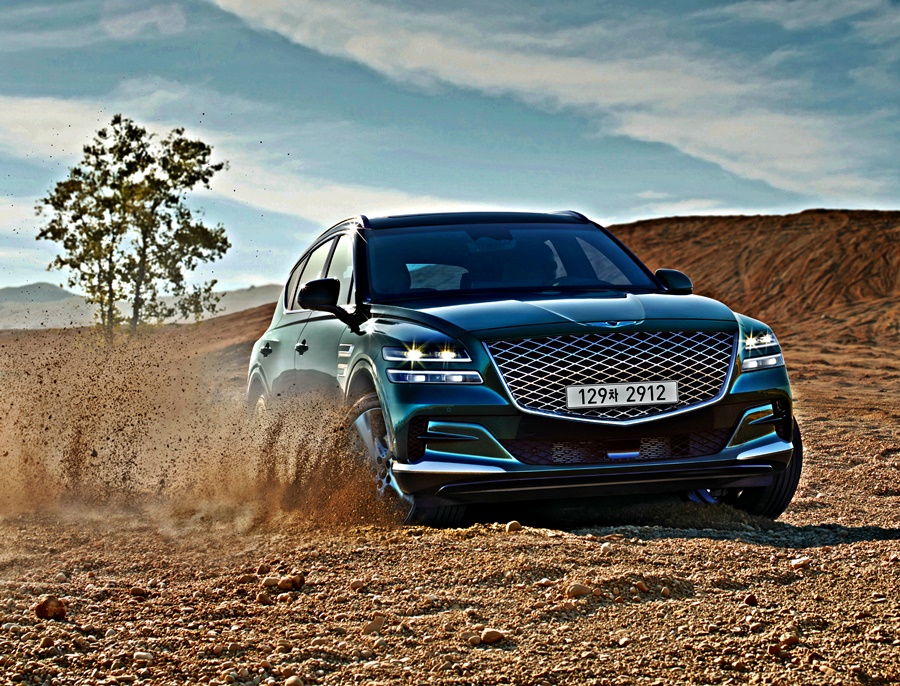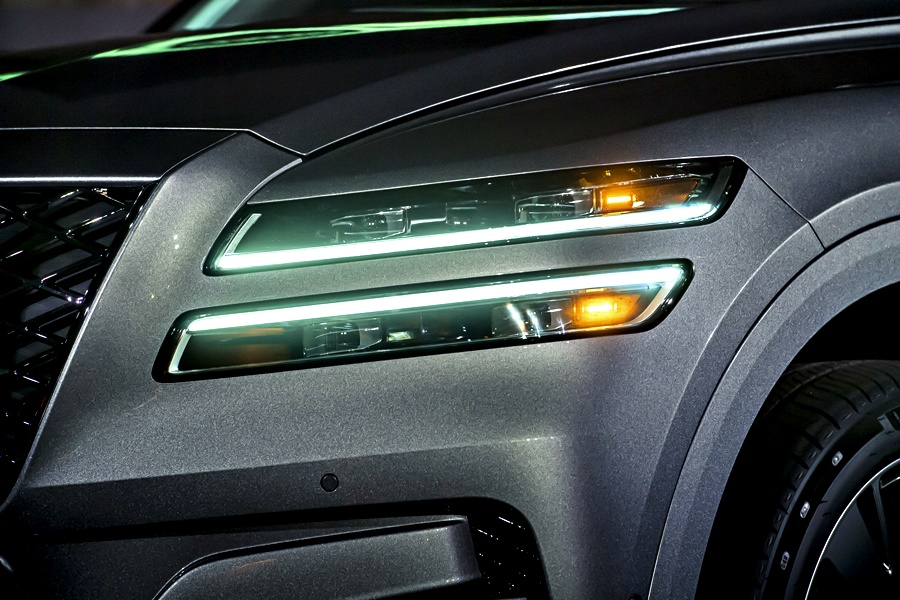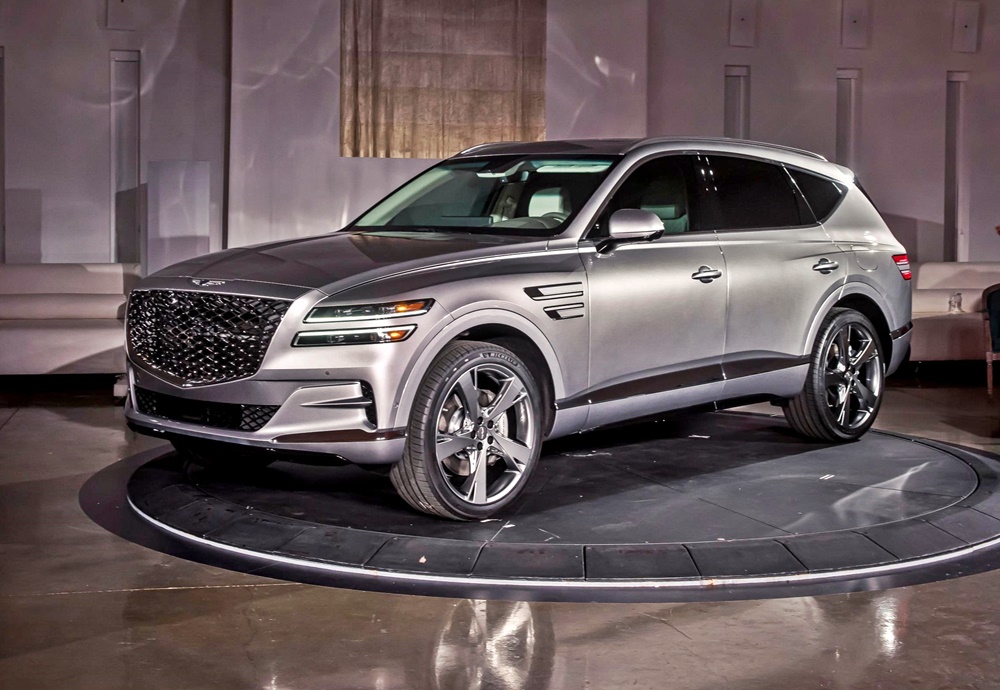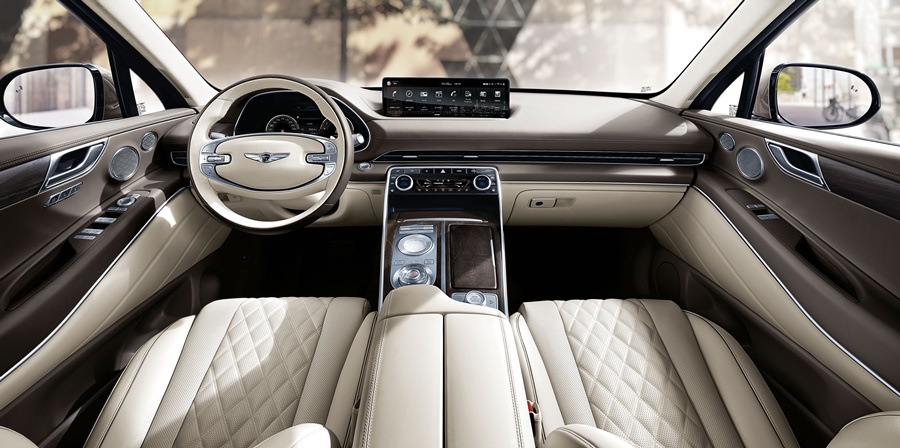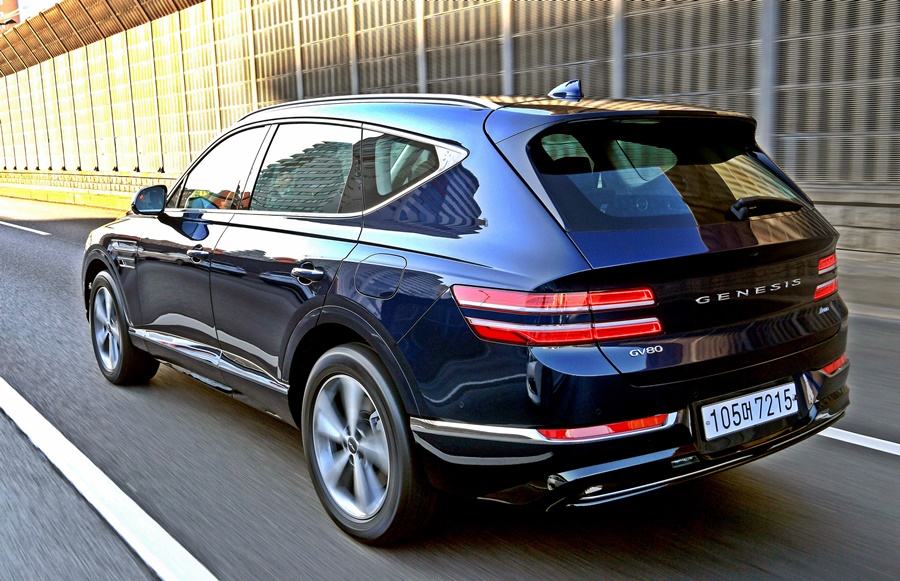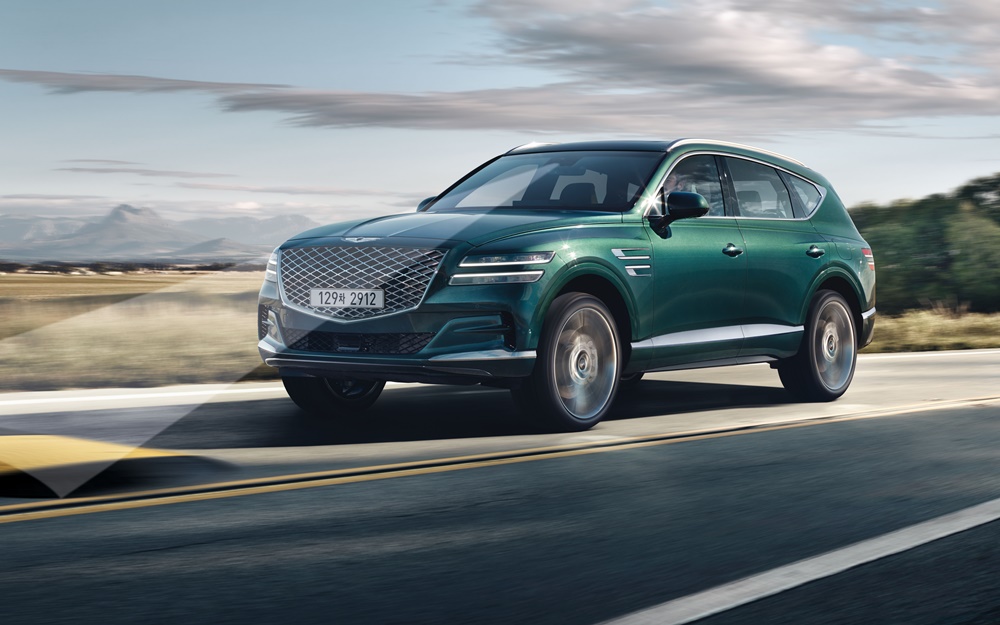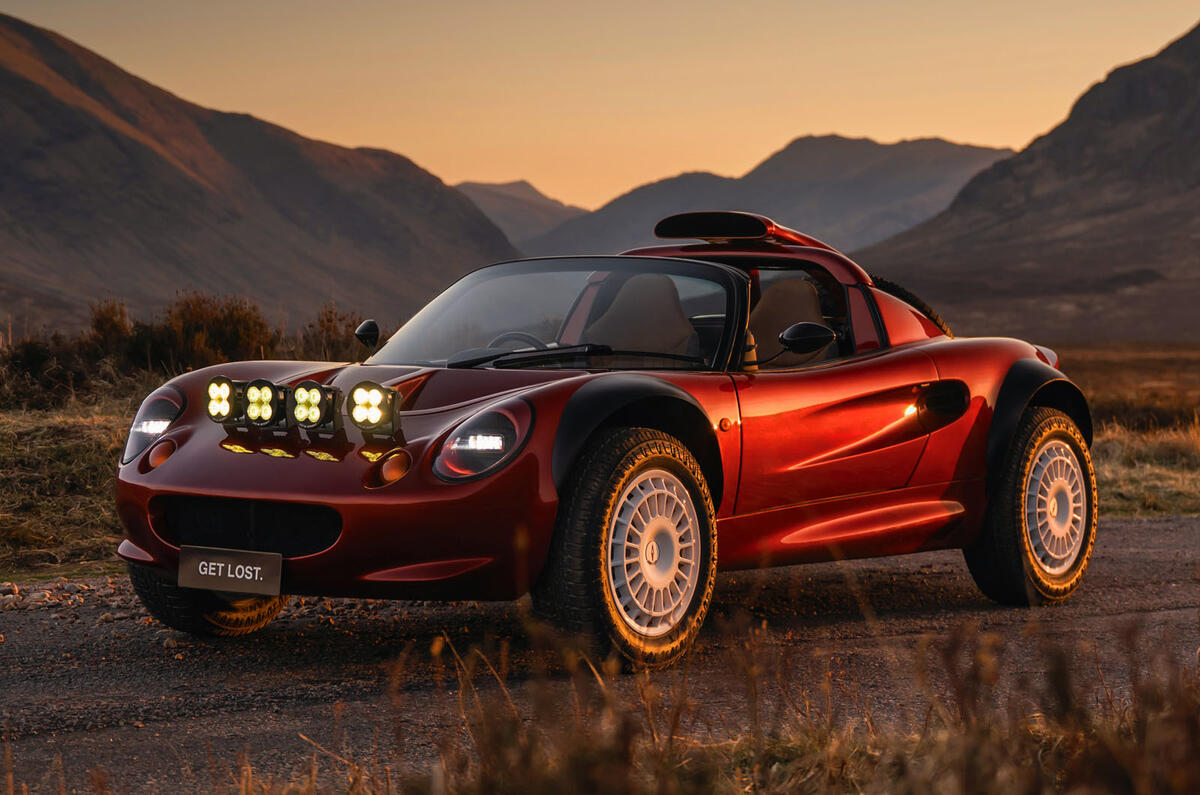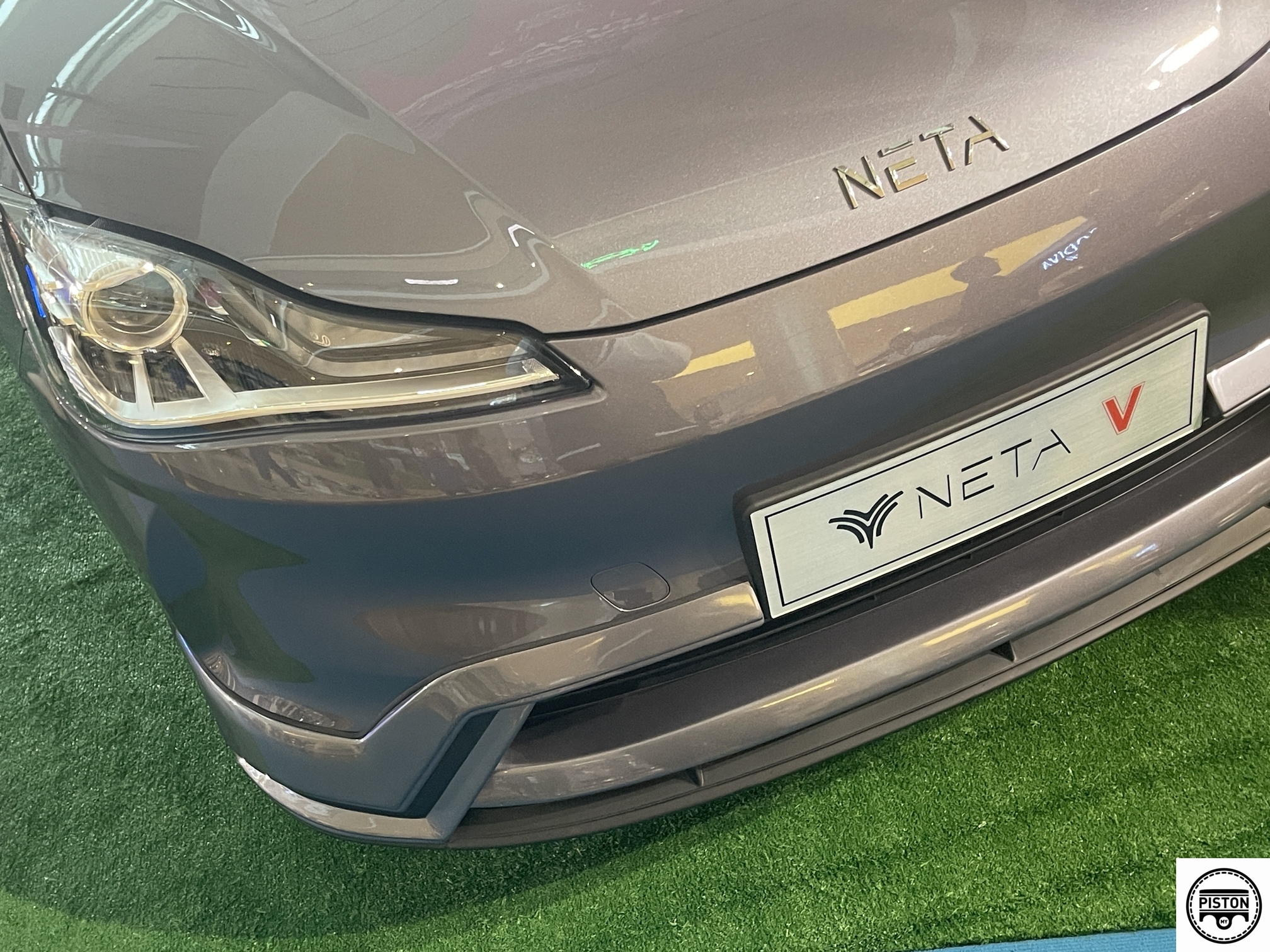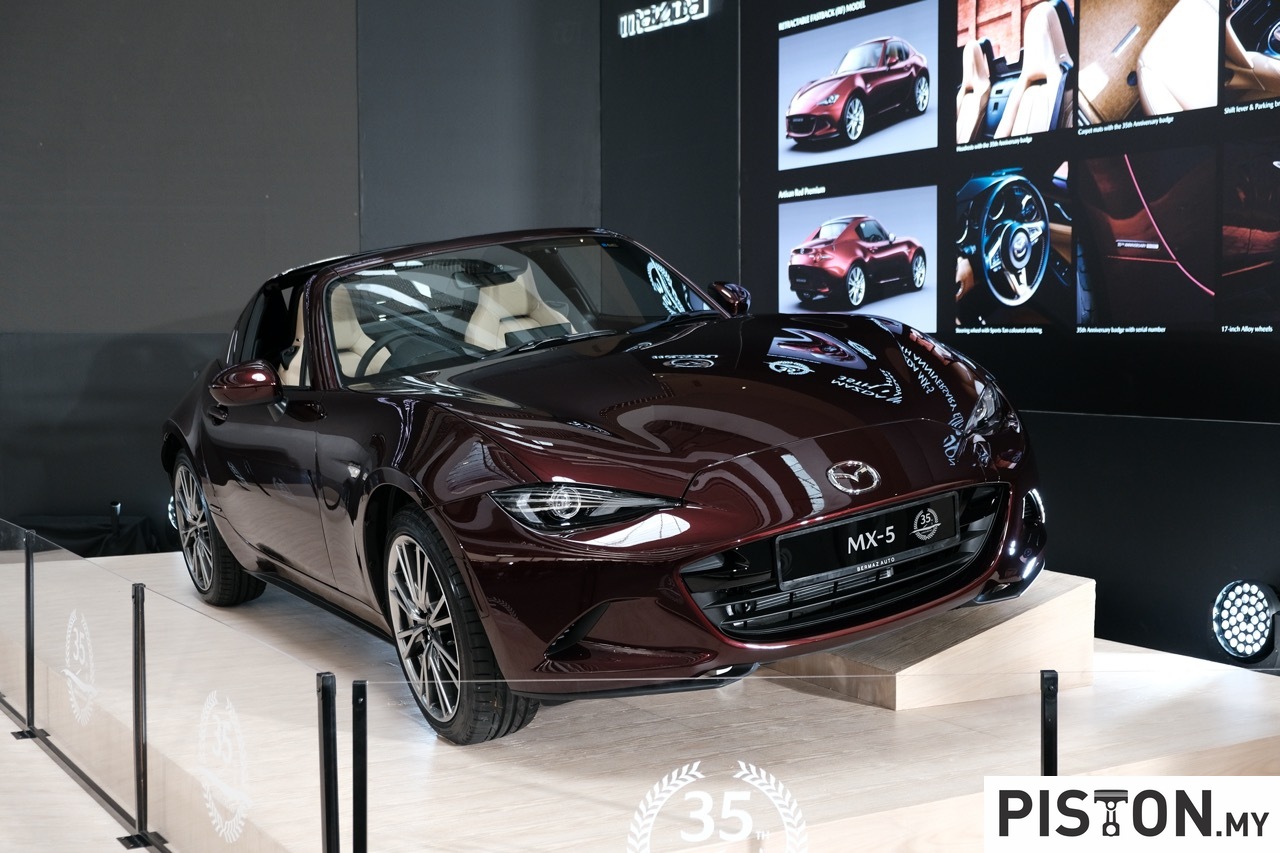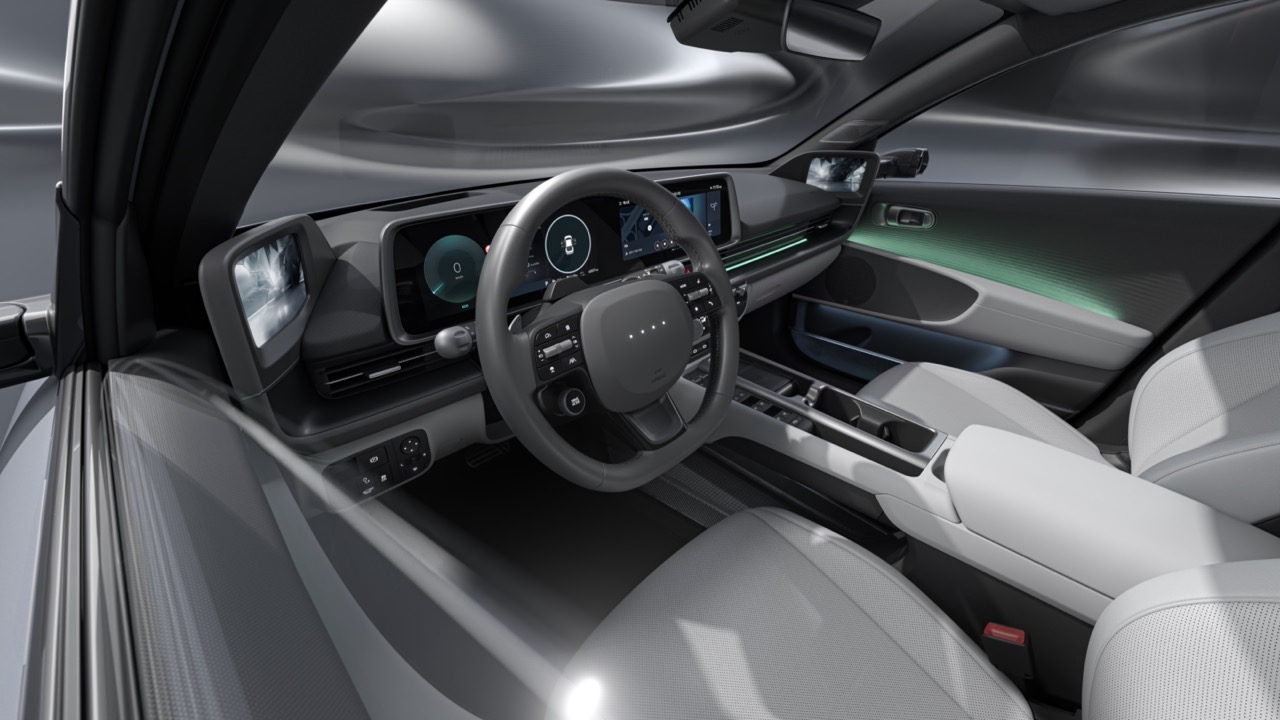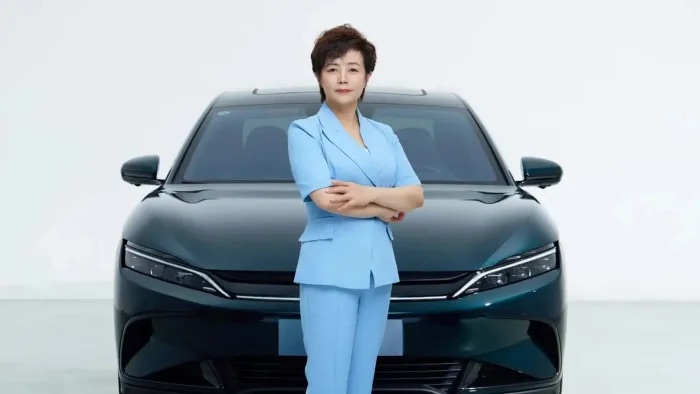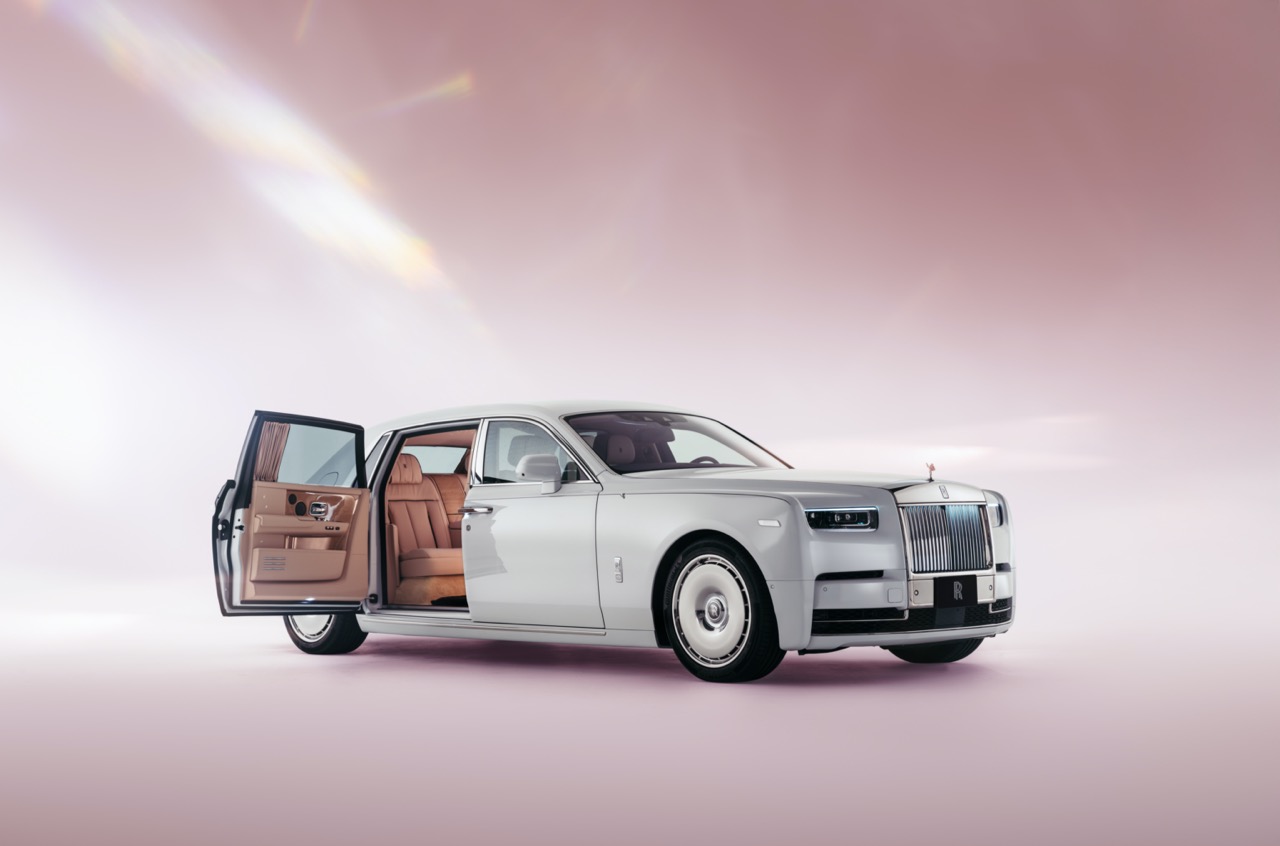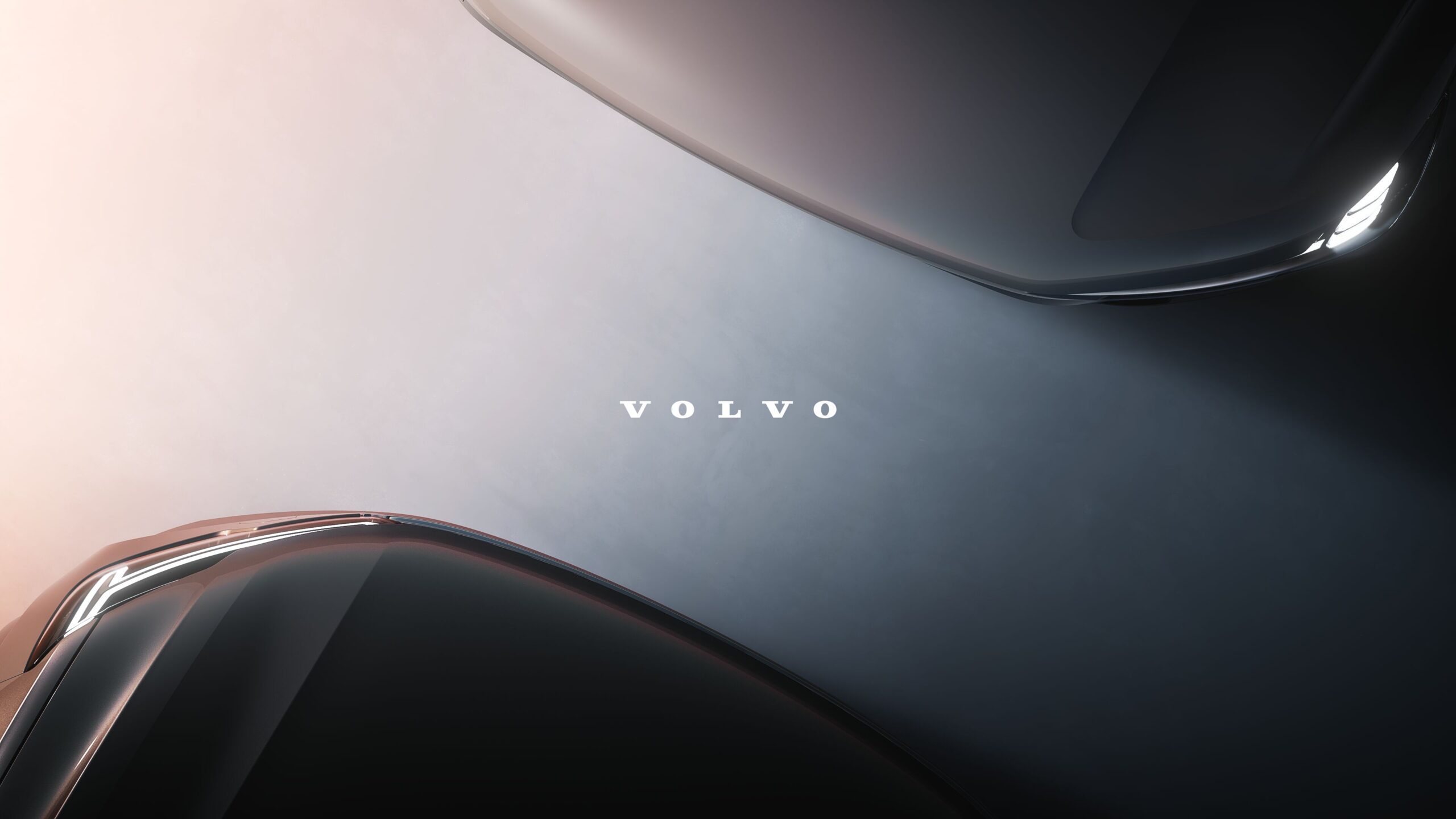Genesis, Hyundai Motor’s luxury division, has unveiled its first SUV, targeting the North American where it will be in showrooms from mid-2020. The new model introduces a variety of firsts for the brand, including responsive electronic control suspension, active road noise cancellation, and an active motion driver’s seat.
“GV80 is our proof of concept that we infuse the spirit of youth and wonder into everything we do,” said Mark Del Rosso, CEO, Genesis Motor North America. “We developed GV80 by looking inward and asking ourselves how Genesis brand DNA could differentiate our very first SUV. I’m overwhelmed by the bench strength at Genesis and what the design, engineering and development teams have accomplished with the GV80.”
The production GV80 realizes the vision of the GV80 Concept first shown at the 2017 New York auto show. It joins the line-up of G70, G80 and G90 sedans with more than a common thread of design identity.
Signature Genesis design elements are immediately visible on the GV80 from every vantage point. The Crest Grille emphasizes gravitas consistent with the positioning of GV80. The Parabolic Line runs smoothly along the side with precise execution, accentuated by power lines above each wheel emphasizing stance and presence. The Quad Lamps, which flank the Crest Grille, are made possible with sophisticated lighting technology.
Unique signature of Genesis design
“The Quad Lamp graphic will become the most recognizable, unique signature of Genesis design, as the simplest of lines communicate a distinct identity,” said Luc Donckerwolke, Executive Vice-President, Chief Design Officer of Hyundai Motor Group. “Two lines will come to define Genesis.”
The G-Matrix pattern that appears in light fixtures throughout the exterior is inspired by orchids seen when diamonds are illuminated by light. The pattern also appears on the available 22-inch wheels.
The body structure of GV80 is enhanced with hot-stamped, high-strength steel, as well as lightweight aluminium used on the doors, bonnet, and tailgate that allow it to achieve competitive curb weight.
Luxury in space
The interior focuses on ‘the beauty of white space’, characteristic of the elegant South Korean architectural philosophy. The concept of ‘luxury in space’ defines the open feeling of the cabin of GV80, with the G-Matrix pattern as a motif.
“The concept of the ‘beauty of white space’ is a hallmark of Korean design. We were able to express a luxurious feel for the interior of GV80 through reductive design and channelling the Korean roots of the Genesis brand,” explained SangYup Lee, Senior Vice-President, Head of Genesis Design.
The width of the cabin has been emphasized through the design of sleek, thin air vents that run across the passenger compartment. A 14.5-inch, split-screen infotainment display sits front and centre atop the dashboard. The number of hard buttons and switches was intentionally kept to a minimum, both for aesthetic purposes and ease of use. In up-level variants, soft materials cover every surface, from the inside of the door handles to the quilted knee pads that line the lower sides of the console.
The ornate centre control unit on the middle console covers an electronic, shift-by-wire transmission base with dial-style shift. Handwriting recognition through the Genesis Integrated Controller helps users set a destination or enter data without having to operate a keyboard on the navigation screen — simply by using handwritten letters on the writing recognition control system.
A mobile ‘oasis’
The GV80 features the world’s first application of Road Active Noise Cancellation (RANC) technology, which dramatically reduces road noise while driving. Based on the science of digital signal processing, RANC overcomes the limitations of existing noise control technologies that rely on physical technology, such as materials and body structures, to quiet the cabin. RANC generates sound waves of opposite phases in 0.002 second by analyzing road noise in real-time, dramatically reducing irregular, simultaneous road noise.
Another world-first technology is an active motion driver’s seat that contains 7 air cells. This feature is said to reduce fatigue during long hours of driving. One-touch comfort control, adjustable from the front row, allows for limousine-level relaxation in the second-row seats with heating and ventilation available in the first two rows.
RWD drivetrain
As an ‘authentic’ Genesis, the GV80 sits on a unique rear-wheel drive platform, with all-wheel drive an option. Two turbocharged petrol engines (2.5-litres and 3.5-litres) will be available for the North American market, each paired with an 8-speed automatic transmission. All-wheel-drive models will be equipped with an electronically-controlled Limited Slip Differential at the rear axle.
Electronically controlled suspension with road preview is another Genesis first. This contributes to optimal ride comfort by recognizing information on the road ahead in advance via the front camera.
Advanced safety with world firsts
The GV80’s advanced driver-assistance systems (ADAS) including several world-first technologies, starting with Smart Cruise Control with Machine Learning (SCC-ML). SCC-ML advances the science and engineering behind smart cruise control. It is an artificial intelligence-based intelligent navigation technology that enables the car to independently learn the driving characteristics of its drivers and implement autonomous driving similar to that of human drivers.
Highway Driving Assist II (HDA II) is a system that assists the driver in a wider variety of situations than before, including lane-change when the turn signal is used, and helping to merge in congested situations.
There are no less than 10 airbags around the cabin. This includes a centre-mounted airbag between the front occupants to reduce injuries that may occur as the front occupants’ bodies are subjected to lateral forces during a collision at the side of the car.
Unfortunately, the potential volume in righthand drive markets is not as large as for lefthand drive regions and from a business perspective, it would not be cost-effective to develop and produce a RHD version. So Genesis will focus on LHD versions only.




